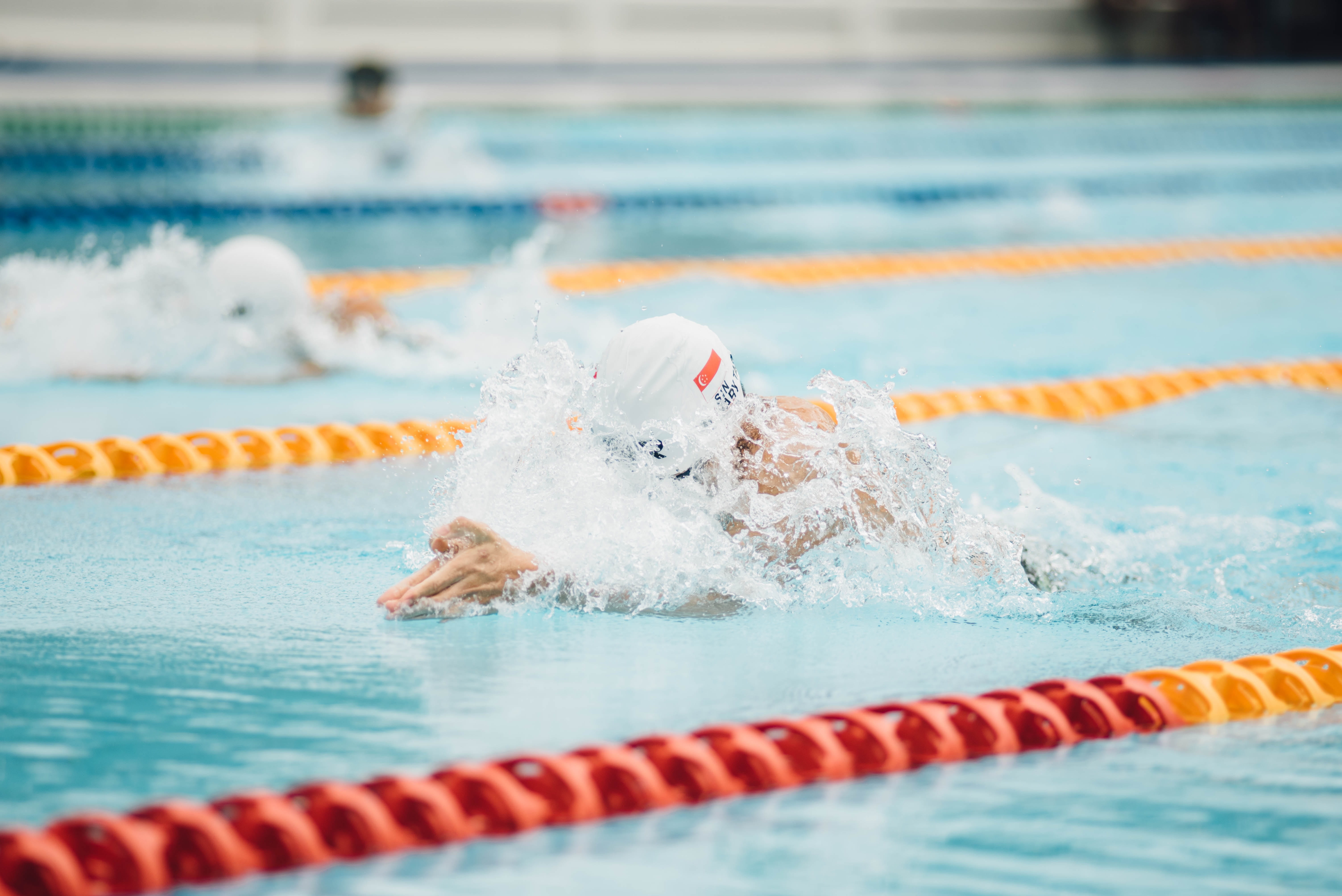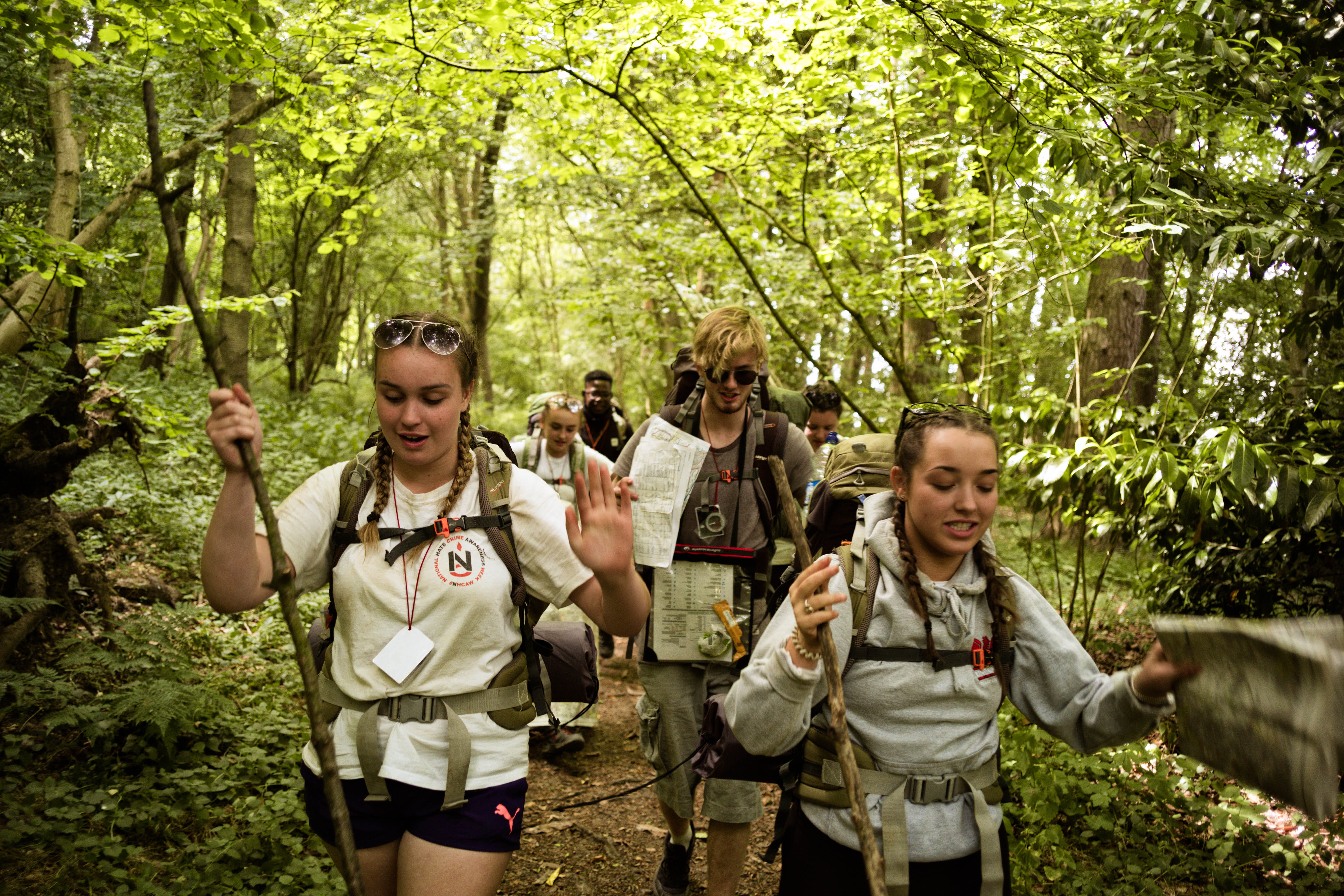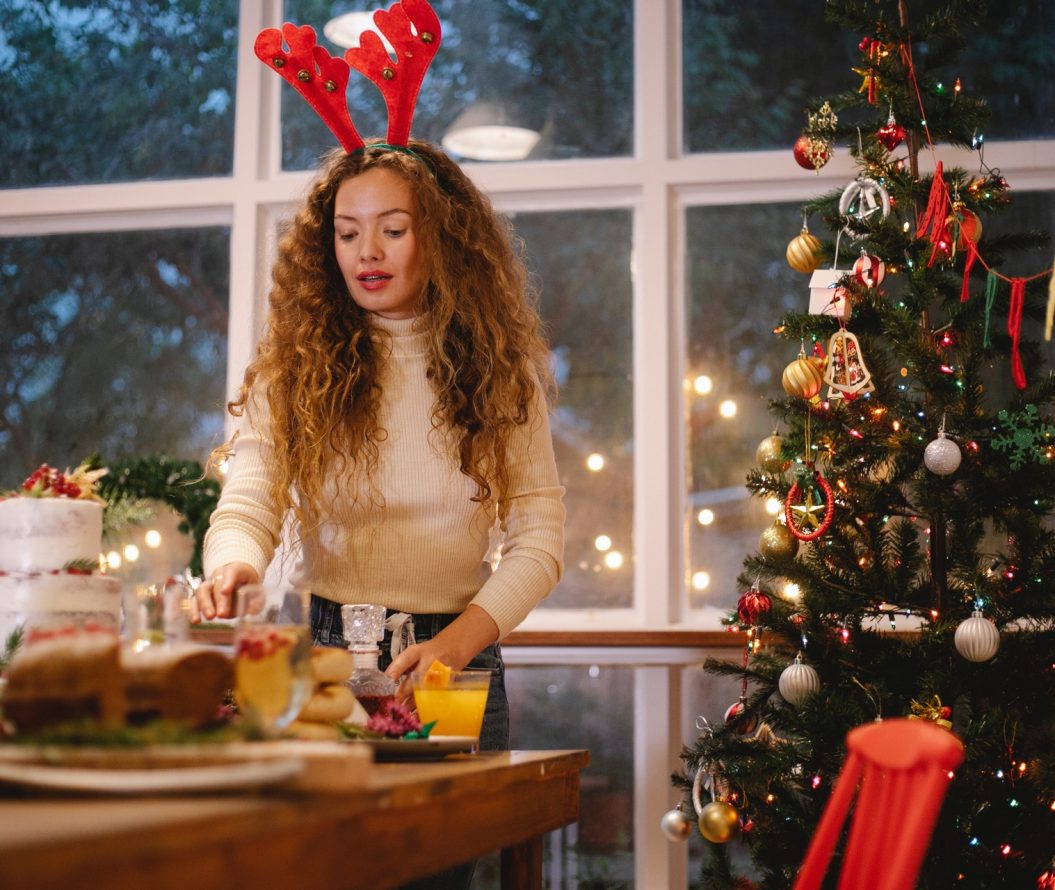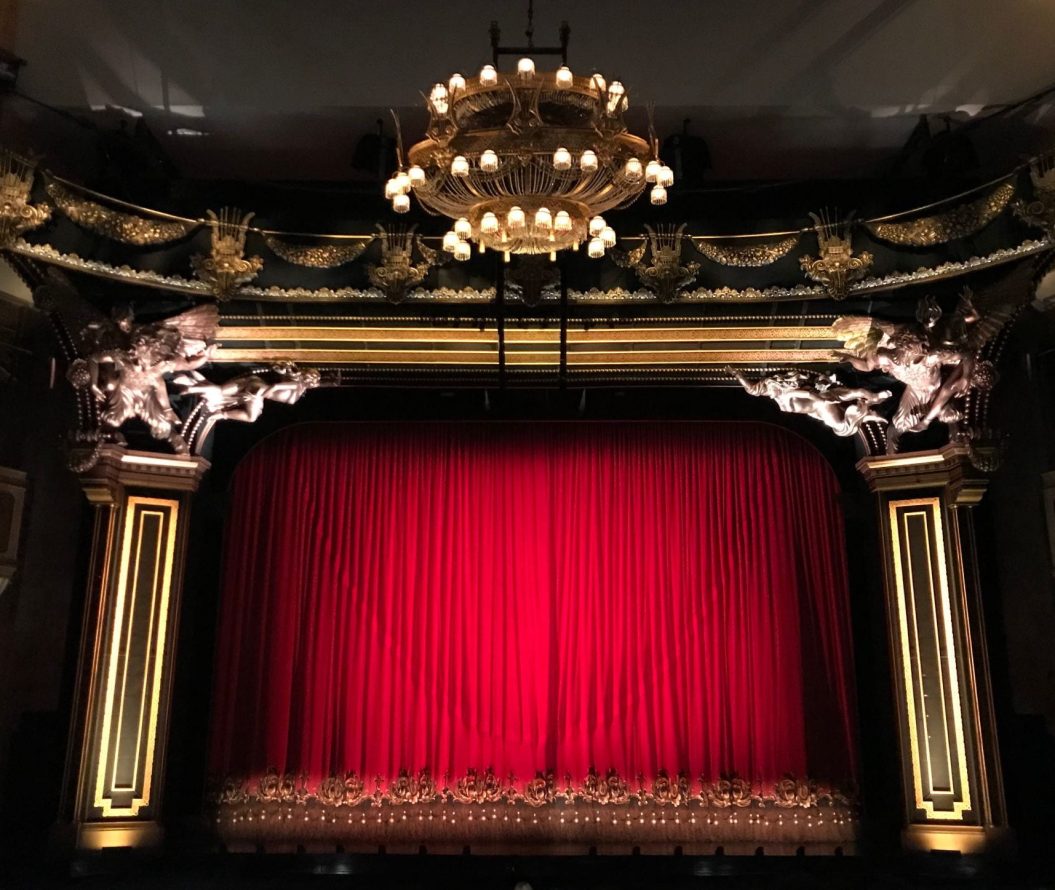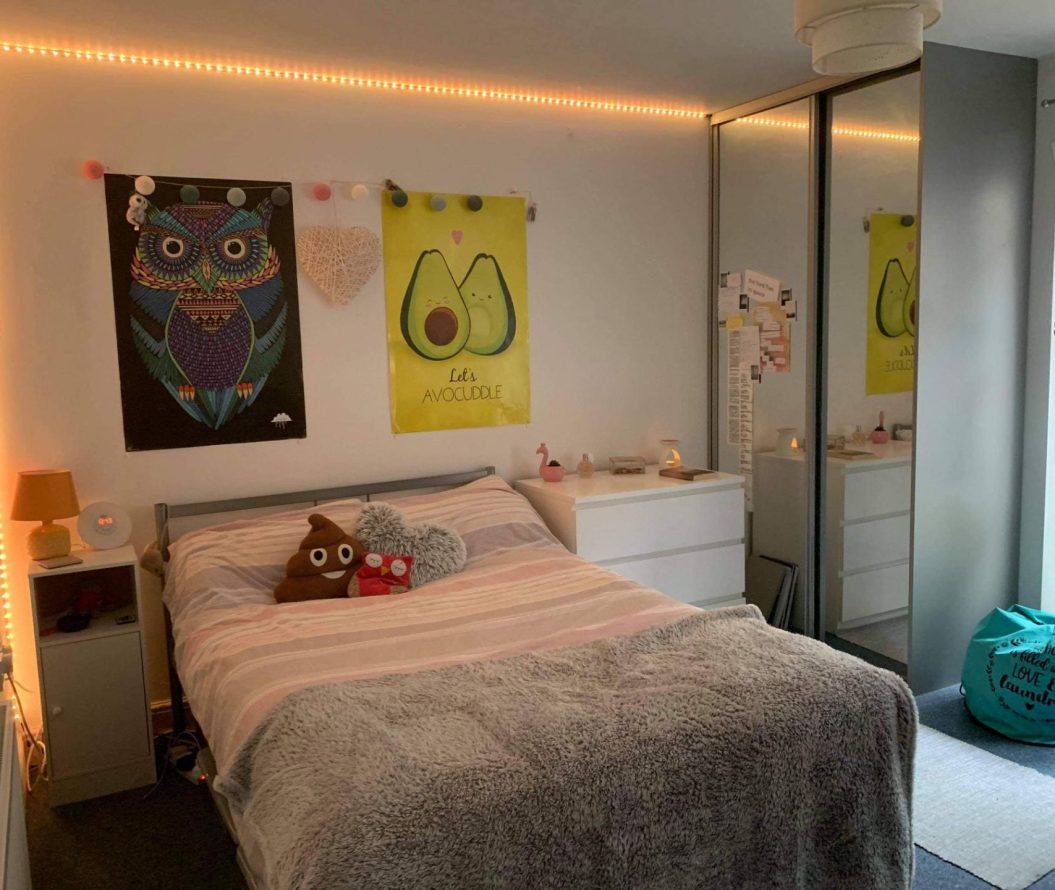Hi, I'm currently in third year studying MChem Chemistry for Drug Discovery and Development. I am passionate about science , LGBTQ+ rights and swimming too.
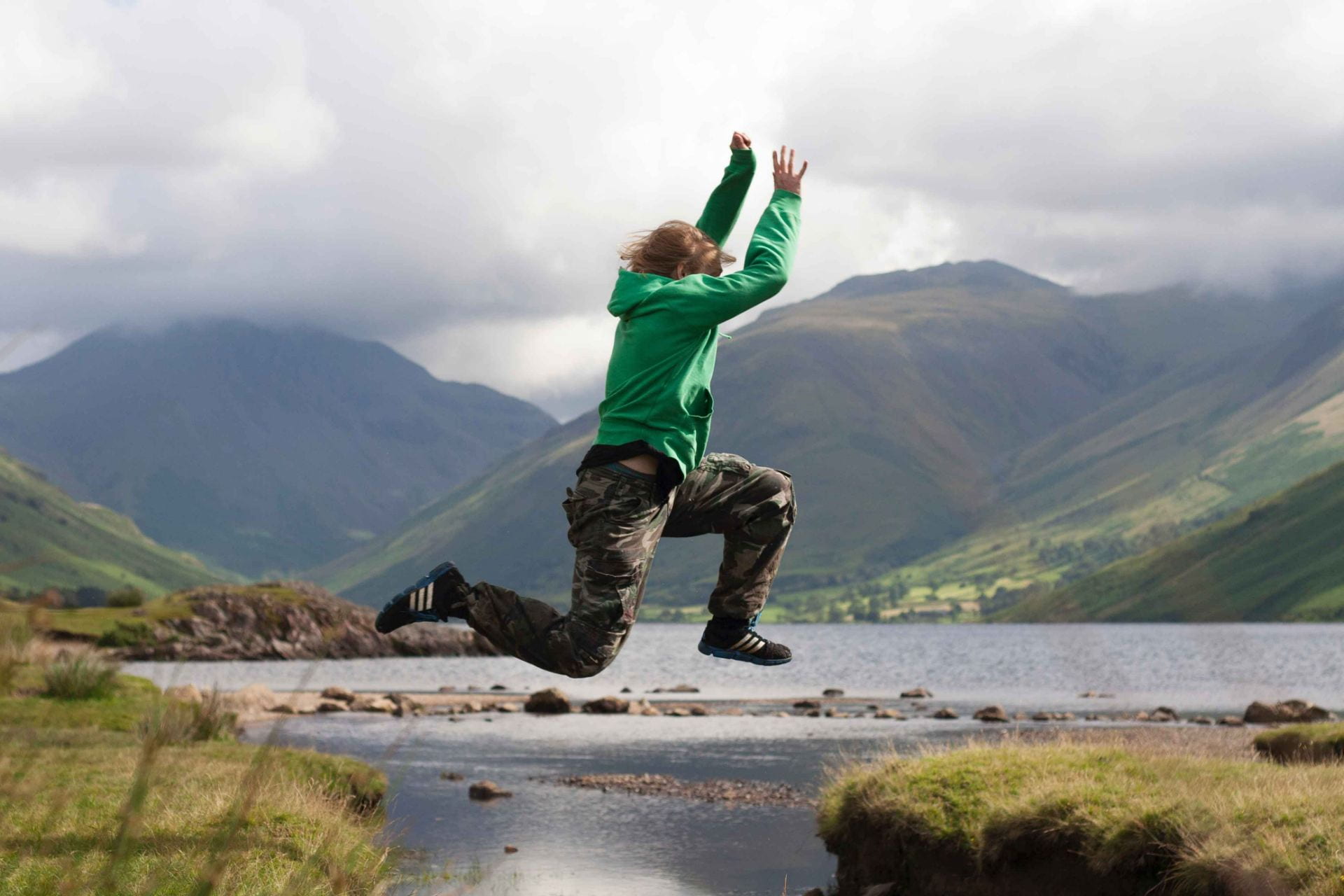
Completing the bronze, silver and gold DofE awards has given me endless opportunities and lots of new skills . In this post I will explain what DofE is and tell you about my experience completing the awards.
What is the DofE award?
The Duke of Edinburgh Award, known more commonly as DofE is an programme for 14-24 year olds that allows you to develop key life skills whilst also improving your CV and having fun. There are three progressive levels, Bronze, Silver and Gold. At the University of Lincoln we offer the opportunity to complete your gold award.
The gold award is made up of five sections. Volunteering, physical, skills, expedition and residential. These different sections allow you to push your boundaries, improve confidence and develop essential skills in lots of different areas. The the timescales (length) of each section can be found here.
Who can do the DofE award?
No matter your background, gender, location or ability, any young person can do their DofE. You must be 14 to do bronze, 15 to do silver and 16 to do gold. The award must be completed before you turn 24. Here at UoL the SU have lots of information about DofE and they will gladly provide you with more information about doing the programme in Lincoln and sign you up.
My DofE experience:
Initially I was apprehensive to partake in the programme because as a 14 year old 6 months seems like a lot of time. However, now I can see the impact the award has had on my life and the paths that it has opened for me. Through the volunteering section I was able to work in a charity shop and get first hand retail experience, managing stock, greeting customers and working a till. The skills that I gained volunteering look great on my CV and I am confident that having that previous key experience from volunteering is what led to my successful job applications as a student.
For my physical sections I went back to my hobby as a child – swimming. Doing swimming as part of my awards really gave me focus on something other than deadlines and assignments. I could instead clear my mind and focus on increasing my technique and smashing my personal bests. The physical section of my DofE award didn’t just increase my physical health but it also gave me resilience which I have later relied on during my studies at university.
Coming into the expedition section I was nervous on what to expect but after completing my bronze and silver expeditions I couldn’t wait for my gold one! Walking 25km+ for 5 days in a row can seem very daunting but I found that it was a great opportunity to get out of the business of day to day life and go back to nature. The expedition is really what you make it, I had an amazing team for each level and we bonded well and all gained new skills along the way. Team work, communication, leadership, resilience, these are all skills that can be enhanced on the expedition section.
Upon completion of your gold award you are invited to a palace to meet a member of the British royal family and collect your award. I went to St James’ Palace in London in 2019 and I had the pleasure of meeting Prince Edward, the Earl of Wessex. This was a remarkable experience where I got to share and celebrate my achievements with my teams mates and family.
Overall I found the experience of completing my award extremely beneficial as it has given me so many life skills that I continue to use and will continue to use for years to come.
I hope this post has given you an insight into what the award is like. If you haven’t already signed up for the award why not check out the UoL DofE page for more information on how to complete the award whilst at university.
- Topics
- Challenge
- Skills
- Volunteering



